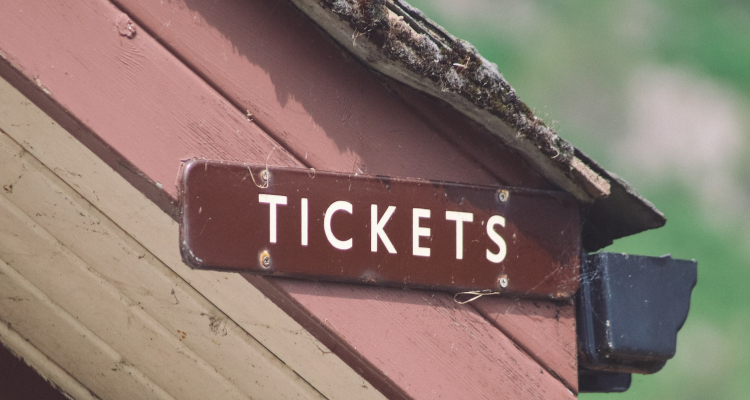Photo Credit: Benjamin Sharpe
In late June, Spotify unveiled a revamped “Live Events Feed” – and touted its perceived role in helping fans to “find the perfect show.” Now, the streaming giant is officially selling concert tickets on-platform.
This latest component of Spotify’s long-running effort to diversify beyond recorded music’s razor-thin margins – and achieve $100 billion in annual revenue – appeared to come to light in social media posts. The audio-entertainment service hadn’t yet acknowledged Spotify Tickets via a formal release at the time of this piece’s writing.
Nevertheless, the Stockholm-based company has already launched a landing page for tickets and started enabling fans to purchase passes to select gigs, describing the corresponding hub as “your destination for live events by creators you love, ticketed by Spotify.”
The Spotify Tickets page currently displays seven upcoming shows, from Limbeck (September 11th in Phoenix), Annie DiRusso (October 5th in Minneapolis), Dirty Honey (October 6th in Ventura), Crows (October 8th in Chicago), Tokimonsta (October 22nd in Santa Cruz), Four Year Strong (October 26th in Berkeley), and Osees (December 9th in Berkeley).
Clicking through one of the advertised shows brings users to a clutter-free listing, complete with a breakdown of the performing artists (including supporting acts) and the event’s specifics (start time, venue address, etc.).
Also worth noting is that tickets won’t display directly in the Spotify app, with the platform having elaborated in its support section: “Once you successfully purchase your tickets, an email confirmation will be sent to the email you used to register for your Spotify account. To collect the tickets, go to the Box Office and present your email confirmation and a valid ID.”
And in a contrast to some of today’s leading ticketing players – which have faced criticism over their hidden fees and exorbitant prices – Spotify Tickets displays passes’ costs with all fees included, and customers can navigate the seemingly straightforward checkout process entirely on the same page as each gig’s listing. Even so, the music streaming mainstay made clear that “tickets are not resellable, transferable, or refundable.”
Long term, it’ll be interesting to see whether Spotify can capitalize upon its massive userbase (encompassing 433 million MAUs as of June’s end) and establish a meaningful presence in the ticketing arena.
Needless to say, the service is in many ways positioned to achieve material results in the space given its ability to plug upcoming concerts when fans are already enjoying the involved professionals’ music.
Regarding Spotify’s other diversification plays, the company to this point in 2022 has embraced NFTs, rolled out an artist-support resource, expanded its advertising offerings, arrived in the metaverse, hosted live DJ sets, and debuted a karaoke mode.

